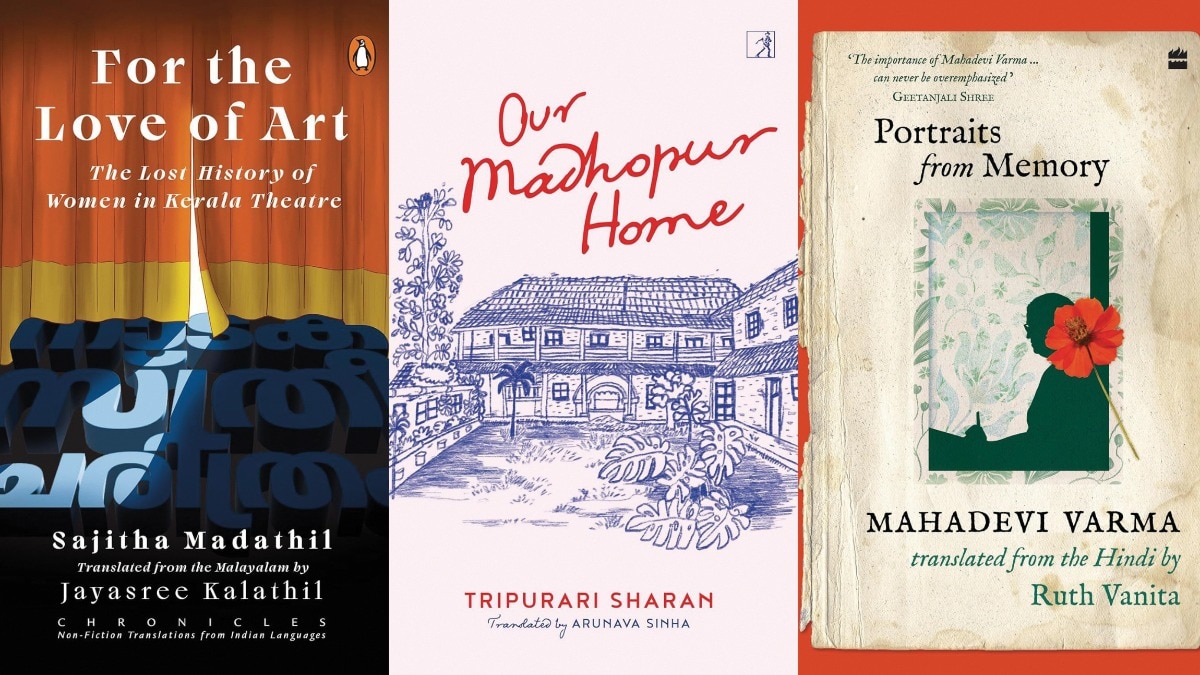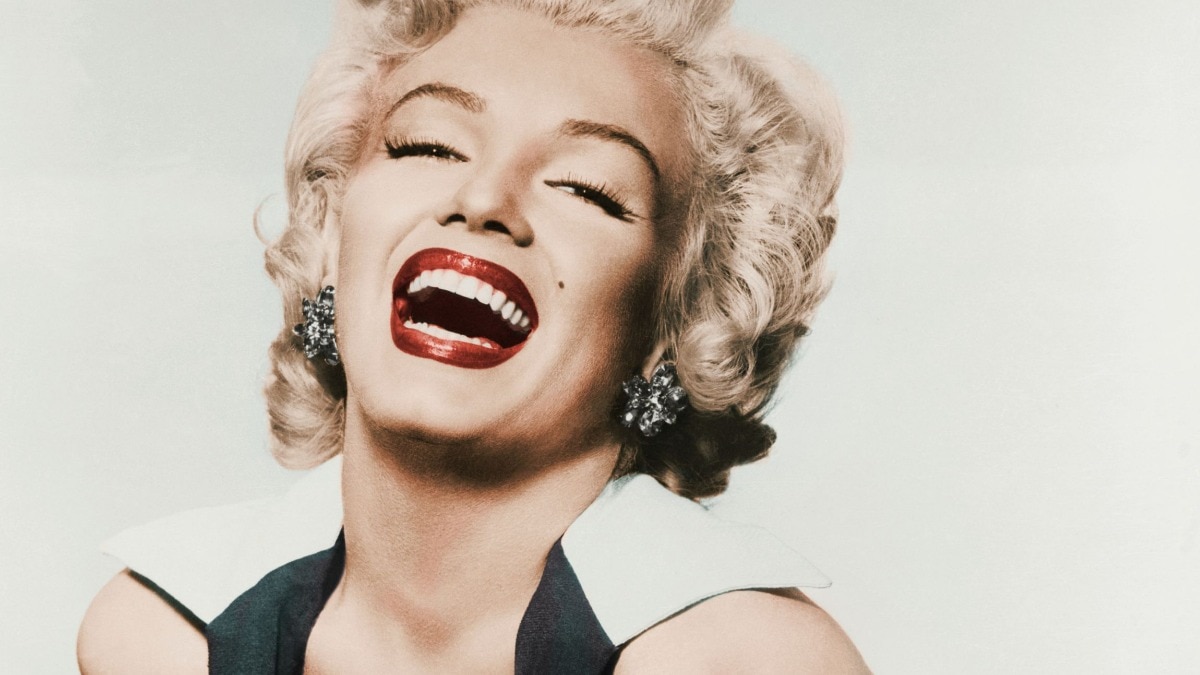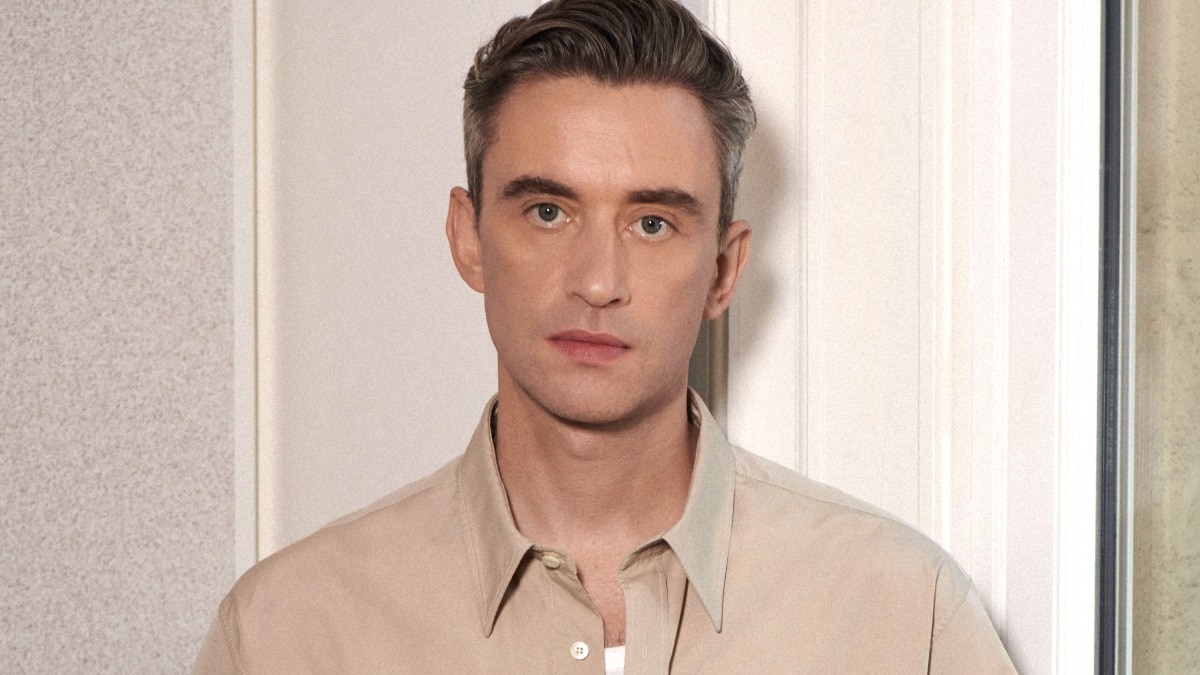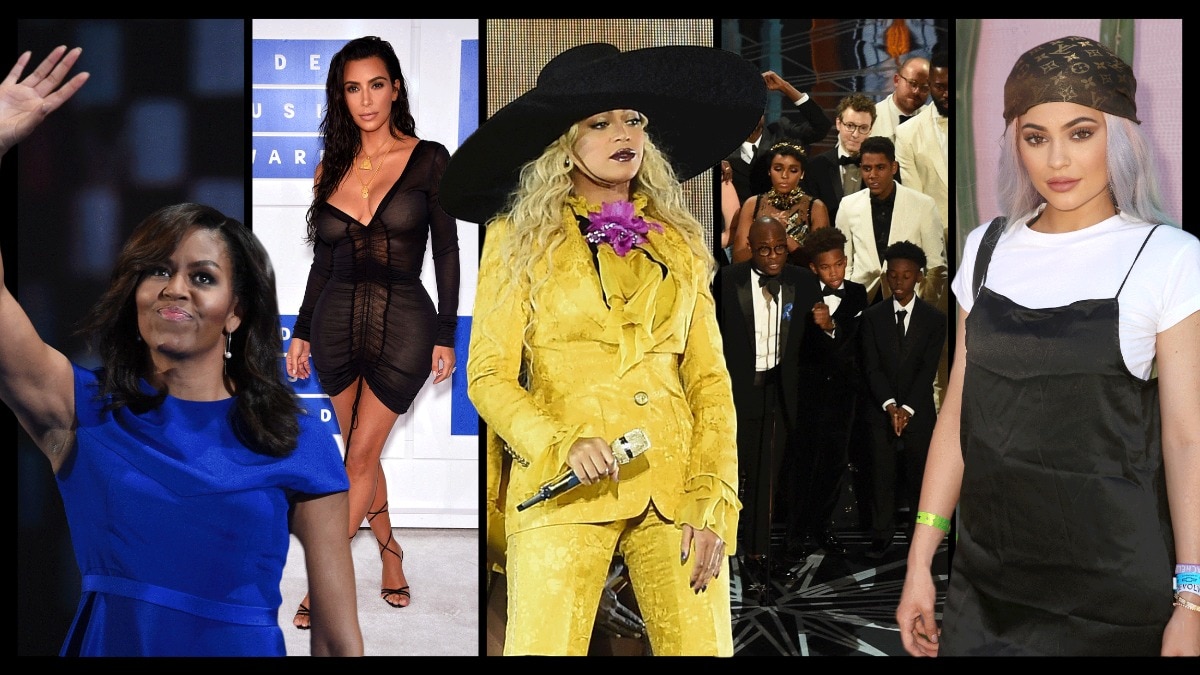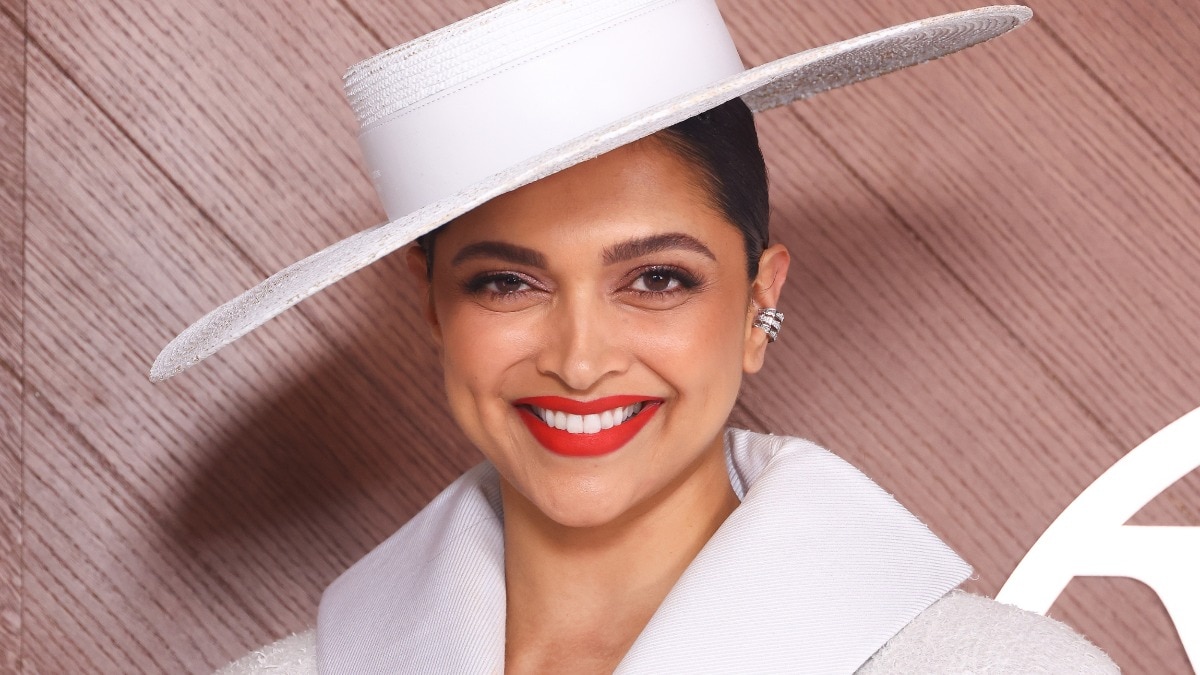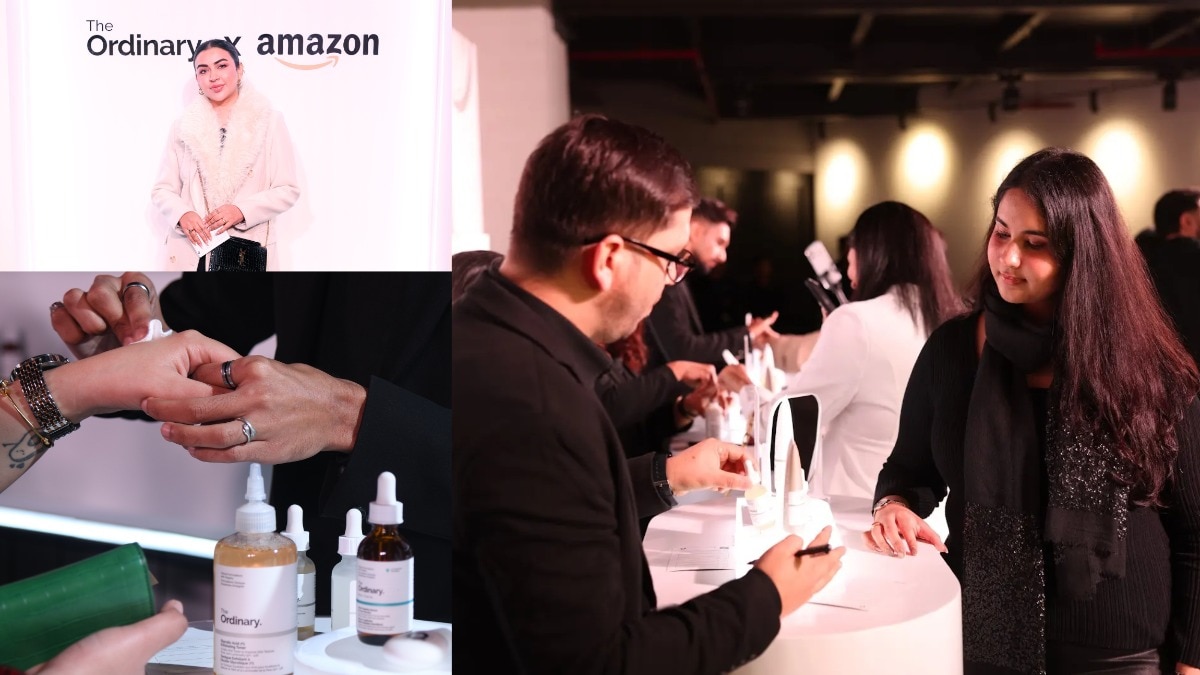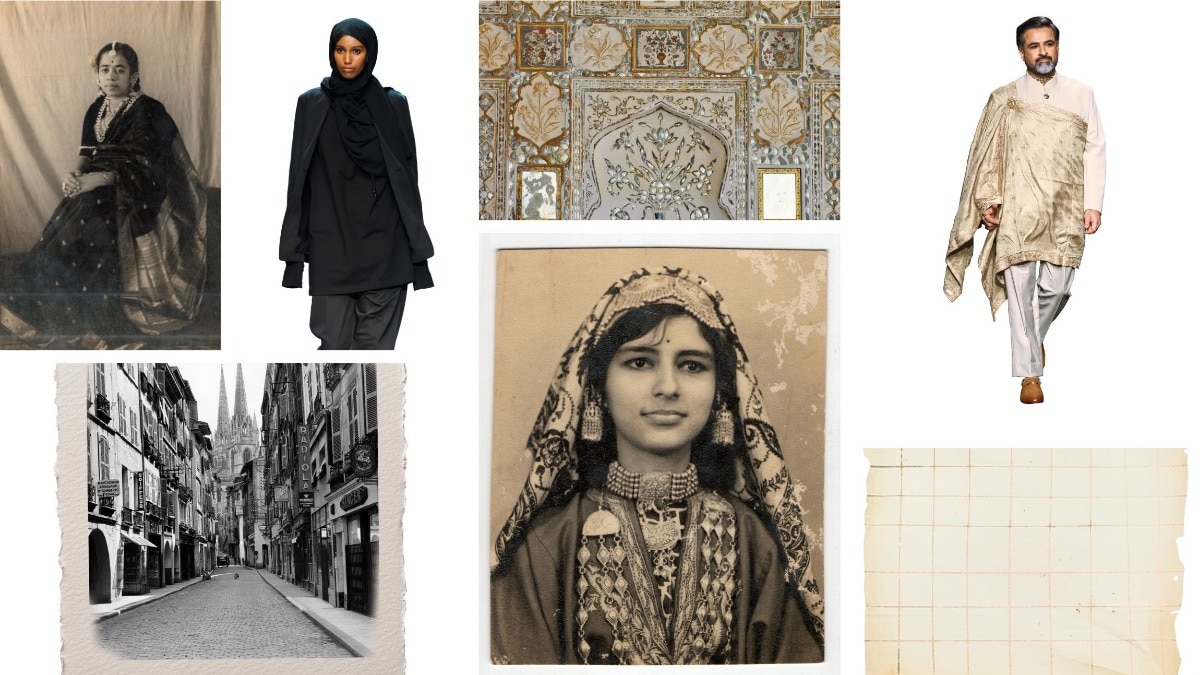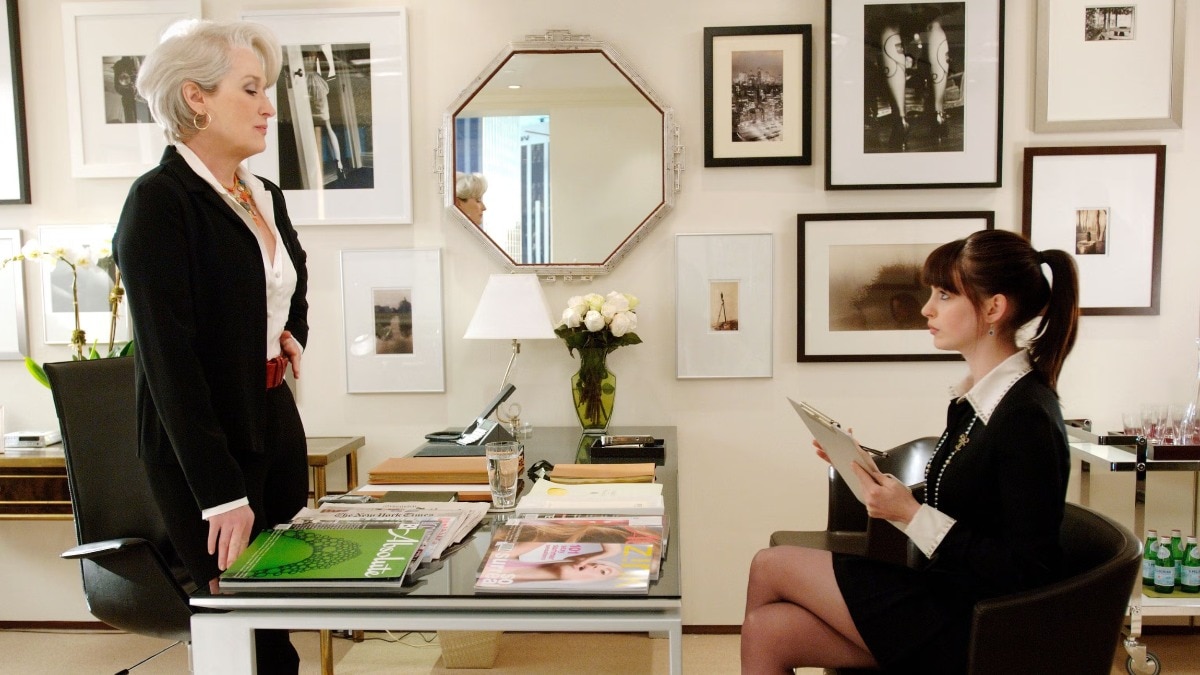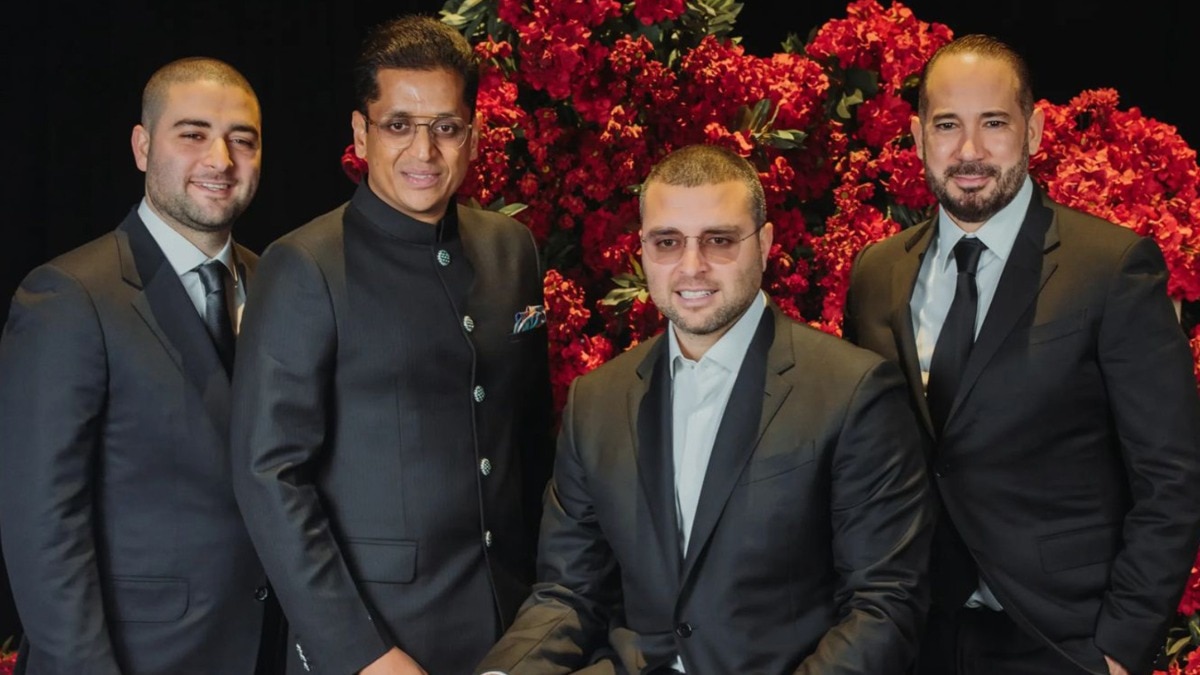
“We have been given a responsibility to leave society better than we found it,” says Navya Naveli Nanda
In an exclusive conversation with Bazaar India, the social entrepreneur tells us how she makes the most of her varied passions and the purpose that drives her.


She belongs to a family that has created a cinematic legacy, but she walks the off-the-beaten-path of Bollywood. On the back of her choices, she has brought about ground-breaking change at the grass-root level, been a part of out-of-the-world collaborations, and more. Social entrepreneur Navya Naveli Nanda never shied away from the privilege that allowed her to pursue her passion for social change. From starting her own NGO, Project Naveli, at the age of 21 and starting her own podcast with her mother, Shweta Bachchan and grandmother Jaya Bachchan, to co-founding a women’s health and wellness brand, this twenty-something-year-old is out of bounds—in the best of ways.
Her latest stint is collaboration with the Indian household’s favourite comic, Tinkle. Bringing back the nostalgia of Shikari Shambu and Suppandi and other characters, Nanda, along with team Tinkle, seeks to present stories with themes such as gender equality, mental health, and education at the core. It is the coming together of Nanda’s age-old passion for storytelling, the experiences of an editorial team, and the collective vision to start conversations and change old narratives.
In an exclusive conversation with Bazaar India, Nanda speaks about her work with Tinkle, the inevitable label of being privileged, frivolous wokeness, and her purpose that keeps her going.
Harper’s Bazaar India (HB): Storytelling seems to be at the forefront of so much of the social impact work you do. Where does this love for storytelling stem from?
Navya Naveli Nanda (NN): I've grown up reading a lot of books and I still read a lot, and the kind of stories we have in India are incredible. As kids, we’ve all spent our summer holidays reading Tinkle, and to get a chance to write stories for the publication feels surreal. Through these stories, I have been able to talk about some of the themes and issues I have been working on for the last three years and are really close to my heart. Stories have always been a central piece to who I am as a person—my great grandfather was a poet and a writer and my mother is a writer. It's the first time I entered the world of writing and storytelling, and I really enjoyed the entire experience.
HB: Comics often bring out the deep-rooted themes of our society with humour. What was your process of creating these stories and bringing these characters to life?
NN: I wasn't alone in the process. It was a collaborative effort—their editorial, animation, and marketing teams, and even Preeti Vyas, the CEO worked on this with me. We continued using the existing Tinkle characters because they’re iconic, but we did play around with the narrative and added a twist to make it work in the areas and themes I brought to the table. We've touched upon legal awareness, education, entrepreneurship, and mental health. It was exciting to tell a story that’s not preachy, intense, or boring to read (I hope we've achieved that). I can’t wait for it to be out on the stands and see how people feel about it.
HB: Did you draw inspiration from your personal experiences of meeting the people you have worked with?
NN: The Tinkle team was also very passionate about the themes. Considering the readers of Tinkle are probably between nine and thirteen years, we unanimously felt that it was important to slowly build these conversations into their reading material or into the kind of content they consume. A lot of the inspiration for our stories came from the experiences we've had at the organisation (Project Naveli), and that added a personal touch to the stories.
HB: In a digital-dominant space, can comics be a medium to reach a large number of people? Who is your target audience with this with this kind of collaboration?

NN: Honestly, our readers can be across ages because I would still pick up a Tinkle and read it for its nostalgic value. But, of course, the main audience is the nine to thirteen year age group as they truly read the comic for its contents. As far as the digital space goes, we are also launching the Tinkle app, where you can find the comic in a digital format. This will hopefully make it more accessible.
HB: What was your approach to make the content relevant to a 13-year-old?
NN: The Tinkle team definitely had a big part to play in this because of their experience. Within the stories, we tried to keep the conversations and surroundings familiar to the kids today. Whether it’s the lingo or use of social media, we have definitely tried to keep it very relatable to what their daily experiences are or the kind of context they are used to living in now.
HB: Recently, we've seen a rise in the number of people choosing social entrepreneurship as a career in India, and it's a tough choice to make. What drives you and your purpose?

NN: I believe we have been given a responsibility to leave society better than we found it. And as a young Indian, I'm responsible for creating the next few years that the country will see. India is at a great place at this moment; we've achieved a lot and I definitely want to be a part of more achievements that the country will see in the future. It’s about doing my part as a citizen and giving back to society because that's the only way we can grow, especially if we have access to certain privileges or opportunities.
HB: What are your thoughts about the label ‘privilege’? How have you navigated these labels that may have been thrown at you?
NN: I've never shied away from accepting that I come from a lot of privilege. I've had a lot of advantages and opportunities in life that I not many people have. For me to say I was able to start my own business at 21 is a very privileged thing, because not a lot of other people have that kind of access to do something like that. However, for me it's always been really important to not only acknowledge it but also be responsible for it and ensure it's not just spent on one person. We all have different forms of privilege and sharing it is really important.
HB: Themes and issues, such as women's empowerment, education inclusivity, are becoming a part of mainstream conversation in media. Do you think this is just tokenism?
NN: I am an optimist so I believe that social media has given a lot of people a voice and a platform to share their stories and causes they believe in. I don't expect everyone to take action; some people are not in the position to or are at a stage where they are able to do something about it. So, the fact that they're raising awareness about it is a big thing as that itself changes a lot of mindsets.
HB: What are the challenges that you face while implementing certain structures or raising awareness about issues?
NN: I think sometimes it's difficult to get the message out to a larger community that is not willing to take what you're offering; this happens a lot in the social impact space. About the quantitative impact, since we're working in important fields such as domestic violence, mental health, education and so on and it's great to reach as many people as you can. Even if I touch one person’s life, I believe we have made a change. Impact doesn't always necessarily have to be in the thousands or lakhs; that's the goal, but it is okay to take it slow.
HB: You're a co-founder of Aara health and also a brand ambassador for L'Oreal. What is your definition of beauty and how has it evolved?
NN: My definition of beauty is being true to oneself. We can’t all look, think and talk the same and that makes us our unique self. Beauty to me is owning who you are and being true to yourself in whichever shape or form.
HB: You’re constantly on the go. What does downtime entail for you?
NN: Downtime for me is spending time with my family, reading, and playing the piano.
HB: What is next for you within this whirlwind of change you’re making?
NN: I think I'm still figuring it out every day.

